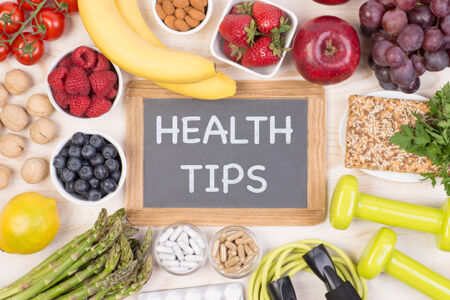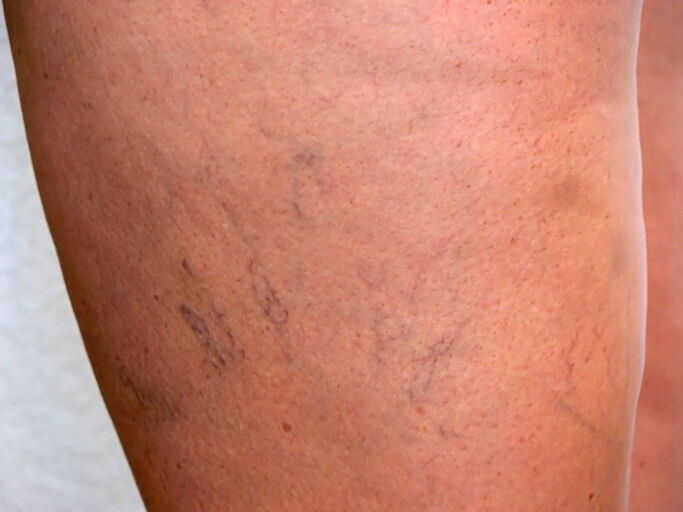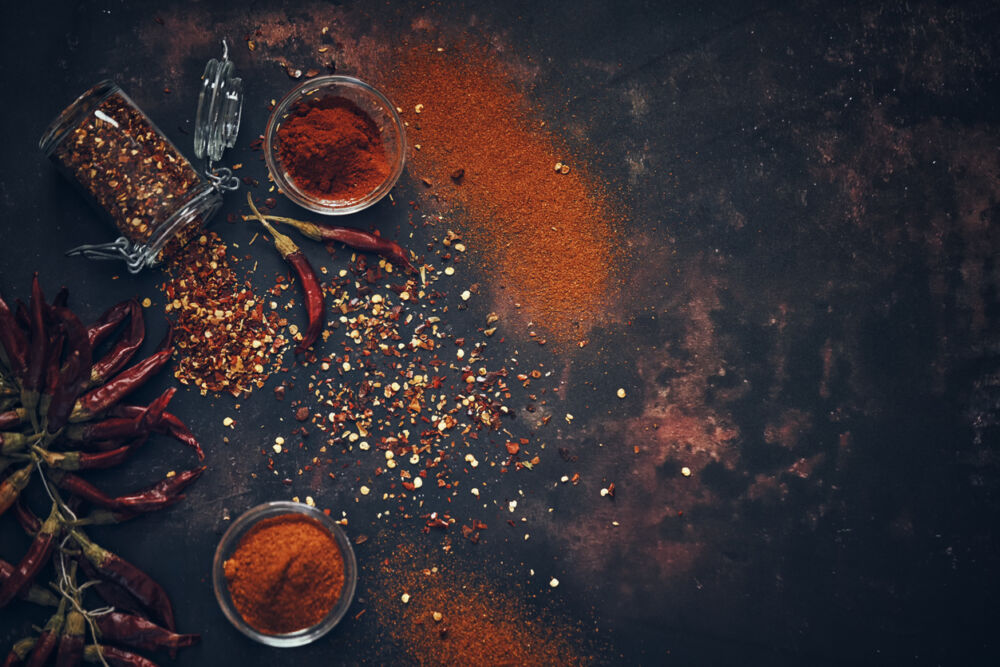Veins are blood vessels working together with your heart to keep your circulatory system pumping the blood necessary to keep organs functioning. Nutrition plays a vital role in maintaining healthy circulation.
According to the Cleveland Clinic, 75 percent of your blood is in your veins. Made of tissue and fiber, each vein's purpose depends on where it's located within your body. Leg veins, for example, are tasked with pumping blood from the heart to the rest of the body. Leg veins have a particularly challenging job as they must work against gravity. Leg problems arise when the tiny one-way valves in the leg veins weaken, allowing blood to flow backward and get stuck in the vein, causing pooling, swelling, and varicose veins.
Varicose veins and spider veins are common vein conditions resulting from venous insufficiency (vein disease) that can affect people of all ages. Enlarged, twisted, and painful varicose veins often appear blue or purple and are mostly found on the legs. Spider veins, by comparison, are smaller veins, red or blue in color, and tend to be closer to the skin's surface. Spider veins can be found on the face or legs.
While genetics play a role in the development of varicose veins and spider veins, lifestyle factors, including one's diet, can contribute to vein problems. According to the Journal of the American Heart Association (JAMA), "modifiable factors, including obesity, blood pressure, and lifestyle and nutritional factors, have been shown to (negatively) influence vascular health and to be associated with vascular‐related diseases."
A balanced diet and regular physical activity can help improve vein health and reduce the risk of developing varicose veins or spider veins.
The connection between weight and varicose veins
Being overweight or obese puts additional pressure on the veins in the legs, which can lead to vein problems. That is why you must maintain a healthy weight, especially if you are predisposed to vein disease through family or by being female.
Tips for reducing your risk of vein disease
Eat a fiber-rich diet:
Foods high in fiber can help prevent constipation, which can contribute to vein problems. Constipation can increase pressure on the veins in the legs, leading to vein disease or venous insufficiency. To improve vein health, include plenty of fruits, vegetables, and whole grains in your diet.
Avoid high-salt foods: Too much salt in the diet can contribute to fluid retention, which can cause swelling in the legs. This can put additional pressure on the veins, leading to vein problems such as varicose veins. To improve vein health, limit your intake of high-salt foods, such as processed meats, snack foods, and fast food, and skip the salt shaker.
Eat foods rich in flavonoids:
Flavonoids are plant compounds that have been shown to improve circulation and reduce inflammation. Foods rich in flavonoids, such as berries, citrus fruits, and dark chocolate, may help improve vein health and reduce the risk of developing varicose veins or spider veins.
Stay hydrated: Drinking plenty of water can help improve circulation and reduce the risk of vein problems. Water helps to thin the blood, making it flow through the veins easier. Aim for at least eight glasses of water per day, or more if you're engaging in physical activity or if it's hot outside.
Lifestyle changes that improve vein health
In addition to following a healthy diet, other lifestyle factors that can help improve vein health include regular exercise, avoiding prolonged periods of sitting or standing and wearing compression stockings.
Vein doctors you can trust
If you are experiencing persistent vein problems, you must consult a healthcare provider for proper diagnosis and treatment. Center for Vein Restoration (CVR) is the leader in diagnosing and treating vein disease, offering concierge-level vein care in a comfortable outpatient setting.
Impacting the lives of over 200,00 patients annually, CVR has the experience, cutting-edge technology, and caring, helpful staff that consistently earns us a 98% patient satisfaction score over the last ten years.
Don't put off your swollen, painful legs another day. Call 240-965-3915 with questions or to schedule an appointment. You may also schedule ONLINE.
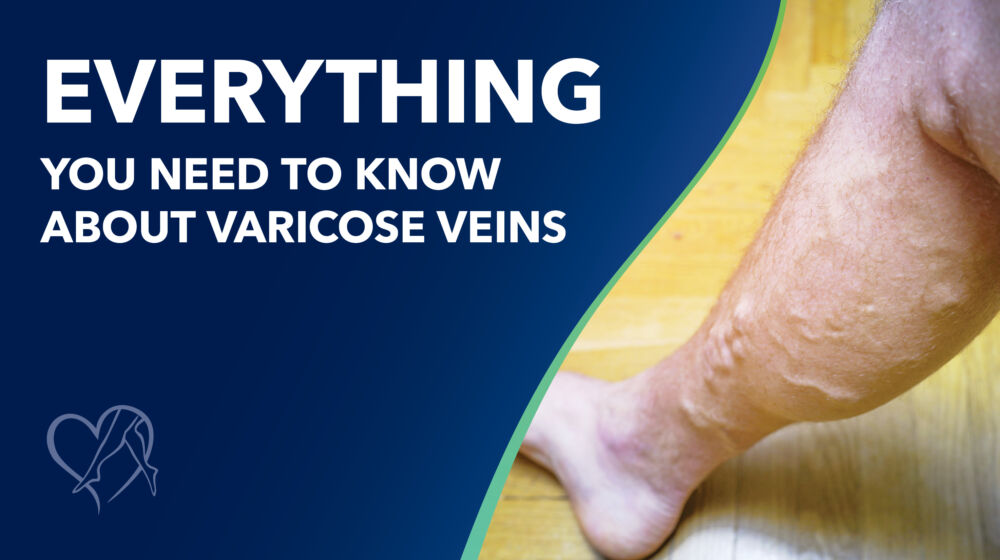
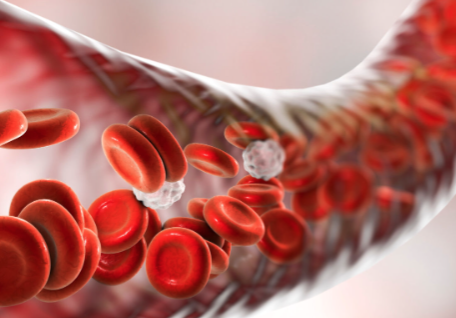 About Vein Disease
About Vein Disease
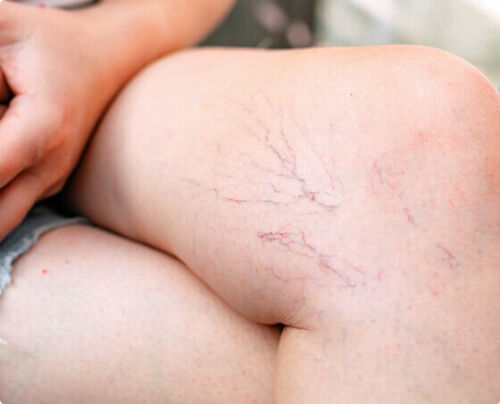 Spider Veins
Spider Veins
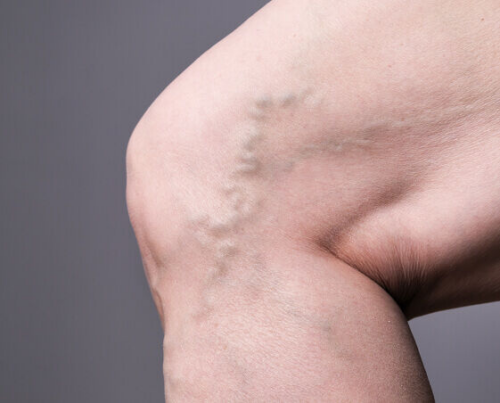 Varicose Veins
Varicose Veins
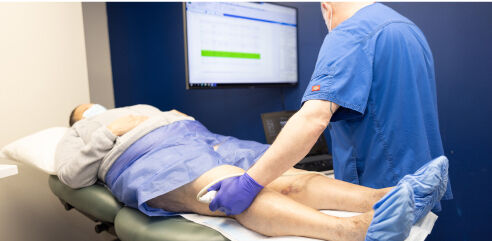 Vein Disease Treatments
Vein Disease Treatments
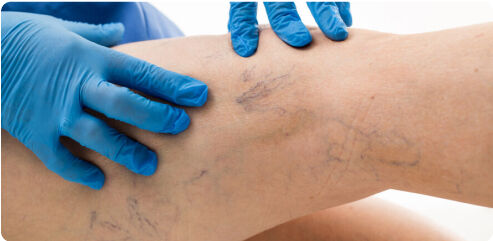 Treating Spider Veins
Treating Spider Veins
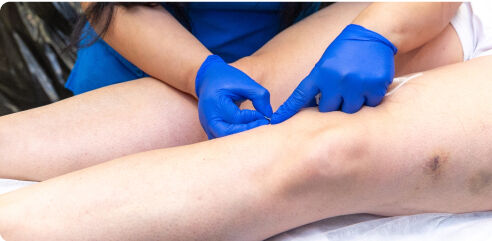 Treating Varicose Veins
Treating Varicose Veins
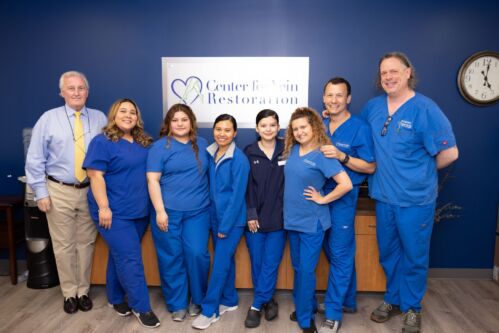 About Us
About Us
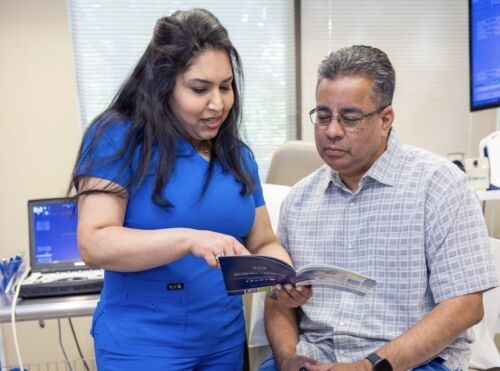 Patient Resources
Patient Resources
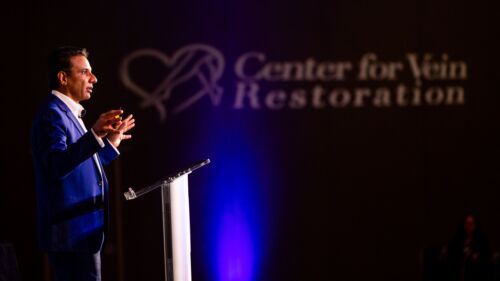 Physician Resources
Physician Resources
